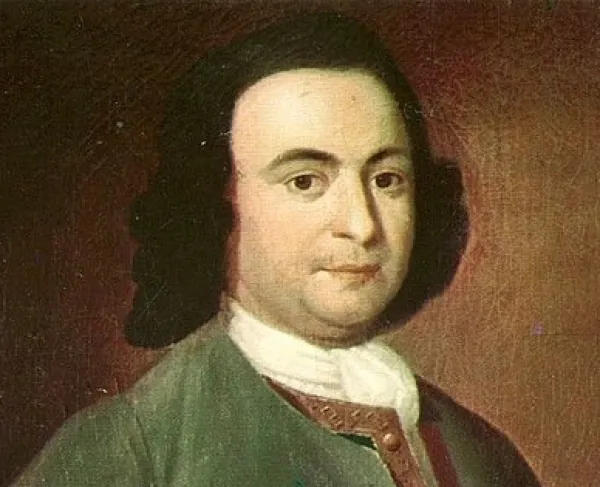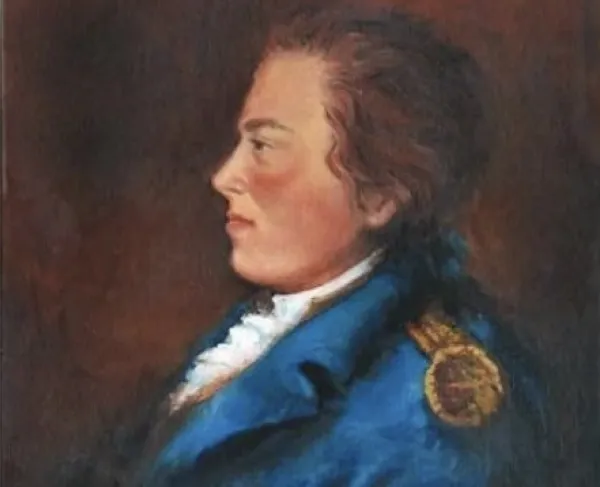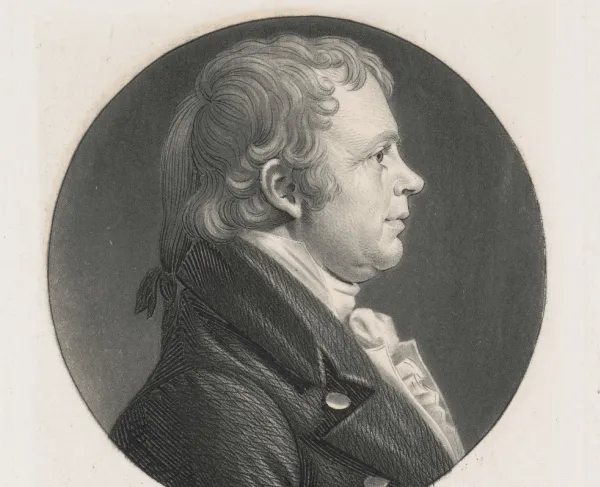George Mason

George Mason was born on December 11, 1725 in present day Fairfax County, Virginia. His father, George Mason III, died in 1735 when his boat capsized as he crossed the Potomac River. George IV’s mother, Ann, raised him, two younger siblings and took care of the estate holdings until George turned twenty-one.
George’s education was one of formal and informal means. He began his formal education in 1736 when his family hired a private tutor. His studies began at his mother’s home in Virginia but would soon move to a boarding house in Maryland, but by 1740 he was back home again under new tutelage. George and his brother had the luxury of Virginia lawyer John Mercer’s library. Mercer—their uncle by marriage—helped their mother raise the children. Mercer’s library was one of the largest in Virginia, and here George consulted tomes often and spoke to other book-lovers who gathered at the library, thus informally adding to his education.
George Mason began his political career when he successfully ran for a seat in the Virginia House of Burgesses in 1758. He only served until 1761 but remained active in politics and continued corresponding with other members of the house such as George Washington and Patrick Henry. With the imposition of the taxes of the 1760s and 1770s by British Parliament, Mason became more involved in the Patriot cause. By 1775, he assisted with the recruitment and drilling of militia.
Probably Mason’s most important work came in 1776. The Virginia Convention voted to seek a full declaration of independency as well as a declaration of rights. A committee of nearly thirty-two men was assigned to create a draft. Though many worked on the Virginia Declaration of Rights and the Constitution of Virginia, Mason’s draft was said to “swallow up all the rest.” Later, Thomas Jefferson would paraphrase the first article of the draft when he wrote the American Declaration of Independence.
During and after the American Revolution, Mason retained his political status. He ventured to Philadelphia as a delegate to the Constitutional Convention in 1787, where he supported the Virginia Plan which had both houses of government dictated by population. Unsatisfactory from smaller states, a deal was made called the Great Compromise which created a House of Representatives based on population and a Senate with equal representation. Mason deeply opposed the new Constitution and even did not sign the final document. Though he did not sign, many of the clauses bear his stamp and his philosophies influenced the Bill of Rights. By the time of its ratification in 1791, Mason changed his mind and was very satisfied with the document.
Thomas Jefferson visited George Mason at his estate of Gunston Hall in early October 1792 and found Mason suffering from gout and possibly pneumonia. Mason would die on October 7th and was buried on the estate.


